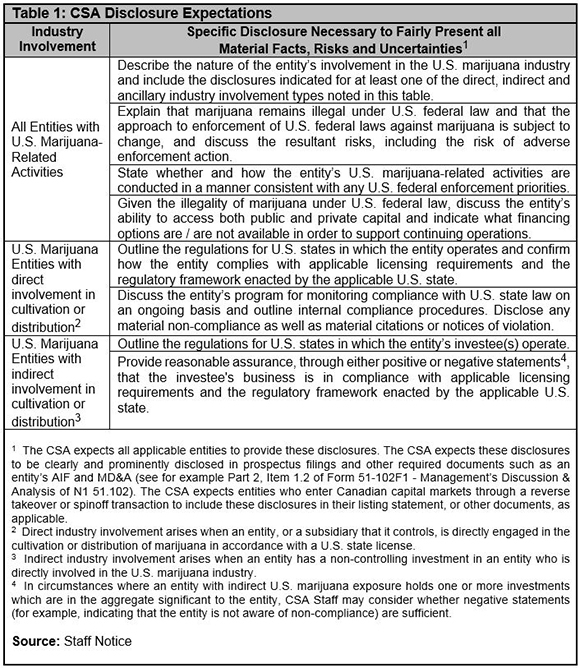
Cannabis has come a long way since the Marihuana Tax Act of 1937, which effectively outlawed the substance. The Controlled Substances Act followed the repeal of the Marihuana Tax in 1971, keeping the drug illegal and making it a Schedule I substance. It wasn’t until 1998 that Washington State made the drug legal for medicinal use to help treat certain conditions.
Brief history of Cannabis in Washington
The history of legalization in Washington began in 1998 when voters passed Initiative 692 (I-692), which allowed patients suffering from terminal illness and certain debilitating conditions to possess and consume marijuana. It took almost a decade later, in 2007 for lawmakers to define how much a patient could possess. The decision was that a patient could possess a 60-day supply, which was defined as 24 ounces and no more than 15 plants. Still, for the most part, the sale and commercial cultivation of the plant remained illegal.
In 2012, voters in Washington decided to legalize the recreational use of cannabis. This provided for the regulation of the product at a state level as well as the taxation of cannabis.
Back when it was only legal for medical users, one had to visit a doctor authorized to prescribe the drug. Then, a patient could possess only enough product to last 60 days, as noted above. However, one had to live in the state and have an in-state physician to obtain a medical marijuana card. Possession of the drug without the card was illegal.
Now, anyone can walk into a dispensary or a dab bar or a cannabis bar and partake in cannabis. A prescription is no longer necessary to possess the drug, however, only those possessing a medical marijuana prescription can grow the drug.
Another effect of legalizing recreationally is that prices have fallen. In just three years, prices for cannabis fell a staggering 67%, with further decreases in price predicted.
Ways to Consume Cannabis
Along with legalization, a host of related industries have sprung up to help people consume cannabis in different ways. The most popular way, of course, is rolling the dried flowers into a paper, known as a joint, and smoking it. Rolling papers come in a variety of lengths and now can be made from differing fibers, including CBD hemp papers for that additional medical kick.
Another way to consume cannabis that is growing in popularity is vaporization. One of the most popular vapes for medical use are the Volcano Vaporizers. Volcano Vaporizers can use a whip, which is a long piece of plastic tubing through which the vapor from heating dried buds is drawn. The vaporizer can also be used to fill a plastic bag with the vapor, which is then inhaled.
Box mod vapes also are a growing way to ingest marijuana. Dry herbs can be placed in a vaporizer specifically created for the purpose. Cannabis concentrates like CBD oils or waxes or THC concentrates can also be placed into the atomizer or tanks of certain box mods to allow the vaporization of oils.
Edibles are another way to consume cannabis that is popular among medical patients. Edibles are popular for many reasons, one of which is they do not have the negative stigma of smoking joints and people feel that they are healthier overall. Edibles also have a longer period of relief, though they take longer to kick in than smoking or vaporization.
Another way to consume cannabis is via a hookah. With this method, dried herbs are placed into a bowl at the top of the device and then combusted, with the smoke being drawn through small tubes. Some hookahs allow for multiple people to smoke at once by drawing through multiple hoses.
Legalization in the state has not been a smooth road. Although the 2013 Cole Memo of the Obama Administration provided that Federal law enforcement would not become involved in states that had voted to legalize cannabis. However, in 2018, Attorney General Jeff Sessions overturned the memo, to the dismay of both Republican and Democrat congressmen in states where the drug was legal.
Cannabis is now legal for recreational purposes in 9 states and Washington, D.C. There is hope that the drug will soon be legalized nationally, following countries like Canada and Uruguay.
Author
Michael Jacobs is a marketing and creative content specialist at GotVape.com with a primary focus on customer satisfaction. Technology and fitness combined with healthy lifestyle obsession are his main talking points











